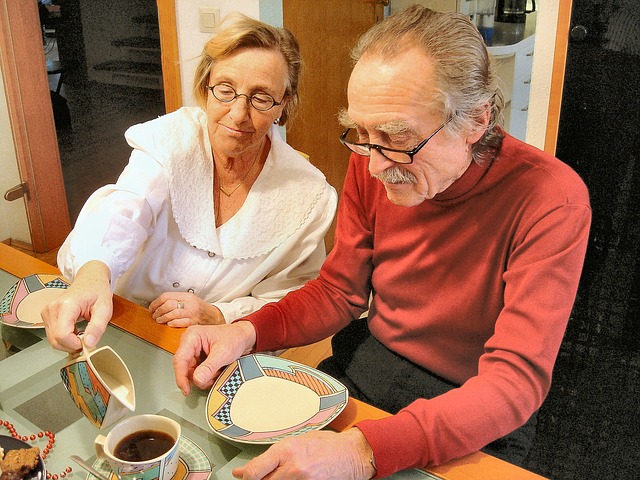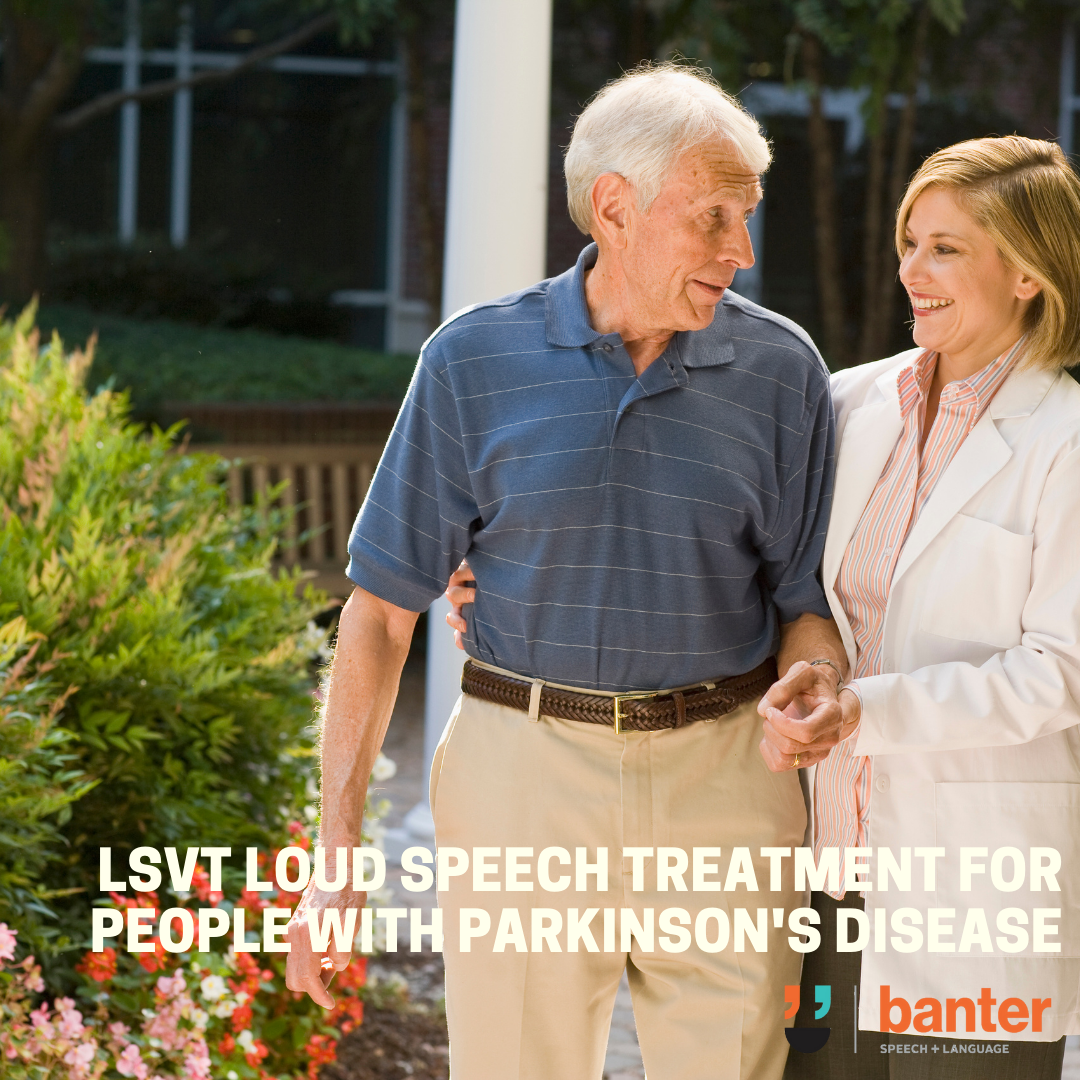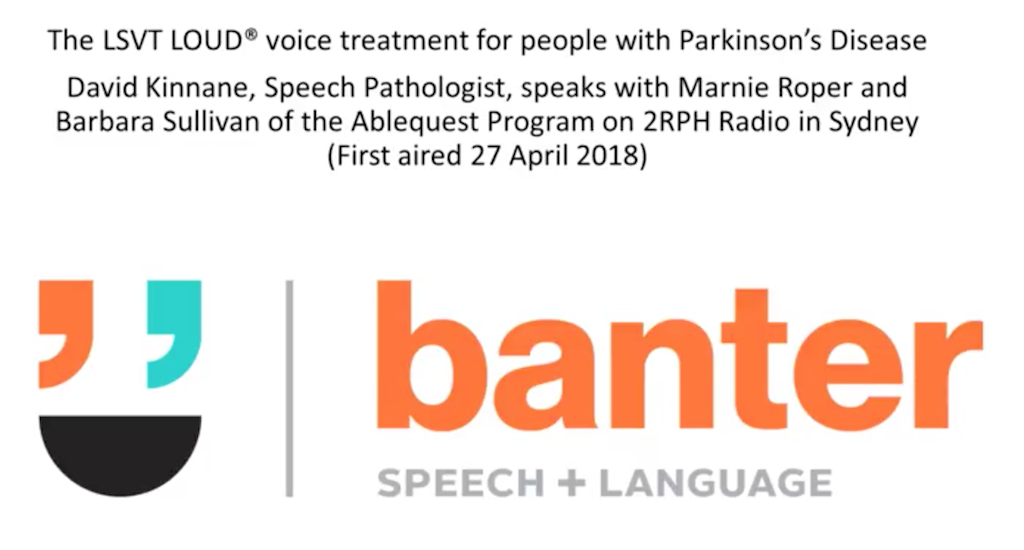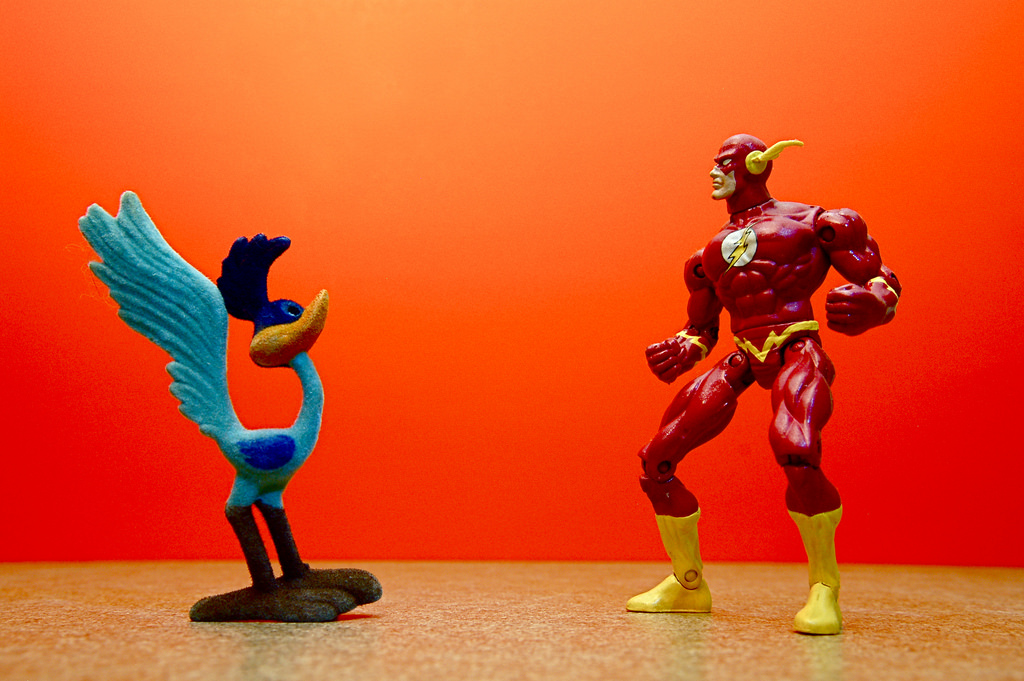Can LSVT LOUD help people with Parkinson’s Disease to swallow safely?
As an LSVT LOUD certified speech pathologist, I recently had the opportunity to attend a specialist training seminar on LSVT LOUD and swallowing problems for people with Parkinson’s Disease (PD). The seminar was hosted by Leslie Mahler and Heather Hodges, both eminent speech pathologists specialising in PD.
Here are some of the key things I learned:
Swallowing problems for people with PD
- Way back in 1817, James Parkinson (the person PD is named after) observed that people with Parkinson’s Disease often had difficulties swallowing.
- As many as 95% of people with PD have swallowing problems at some point (Potulska et al, 2003), though few people with Parkinson’s Disease get referred to speech pathologists for help.
- Swallowing problems can make it hard to swallow medicine and get enough water and food to stay healthy.
- Sometimes, swallowing problems can lead to pneumonia, e.g. when food and drink go down the wrong way into the lungs, rather than the stomach. Pneumonia is one of the leading causes of death for people with PD (D’Amelio et al., 2006).
- PD can affect many parts of the swallowing mechanism. It can reduce chewing speed and tongue strength, lead to tongue “rocking” and tremors, delay the triggering of the swallow reflex, and reduce the amount of movement in the muscles involved in swallowing, which in turn increases the risk that food might go down the wrong way. It can also contribute to reflux.
- The whole swallowing process is slower for people with PD than for other people of the same age (Pinnington et al., 2000).
- People with PD may not be as aware that they are having swallowing problems compared to other people with swallowing problems because of their disease. In one study of 18 people with PD and swallowing problems, only 13 reported swallowing problems (Potulska et al, 2003).
What can be done to help?
- Common treatments include altering the feeding environment (e.g. making sure people sit up straight in a place with no background noise when they eat), changing diet consistency (e.g. thickening fluids) and assigning specific swallowing exercises.
- Swallowing exercises should be based on principles of motor speech: they should be of a high intensity, specific to swallowing, and focused on improving real world eating and drinking outcomes (e.g. Burkhead et al, 2007).
Can LSVT LOUD also improve swallowing?
- For many years, clinicians practising LSVT have noticed that LSVT LOUD treatment – a treatment designed to improve vocal loudness – seems also to help people with PD improve their swallowing. Although purely anecdotal (i.e. with a very low evidence value, if any), I have seen this in my practice.
- In 2002, a group of researchers led by El Sharkawi conducted a pilot study to look at the effects of LSVT Loud on swallowing efficiency. They found a significant increase in swallowing efficiency including, a reduction in tongue and palate residue after swallowing, improved tongue function (including the elimination of tongue rocking), and an improvement in the trigger time for the swallowing reflex.
Why would a voice and speech treatment like LSVT LOUD help swallowing?
We don’t know for sure. We suspect that LSVT LOUD improves the awareness and control of the entire aerodigestive tract, and improvement in the function of some of the muscles that serve both speech and swallowing (e.g. the vocalis muscle in the vocal cords, and the muscles of the tongue). Data collected from brain imaging studies suggest that LSVT LOUD may provide sensory stimulation that drives long-term cross-system changes in motor areas of the cerebral cortex that control swallowing (e.g. Hamdy et al., 2000).
Bottom line
For people with PD and swallowing problems, evidence-based treatments are available to help swallowing and you should consult with a speech pathologist. People with PD who are treated by LSVT-accredited speech pathologists with LSVT LOUD to improve their voice and speech (in particular their loudness) may enjoy improvements in their swallow as a happy side-effect of LSVT LOUD. But we don’t know why, and it shouldn’t be the sole or main swallowing treatment – particularly for people with severe problems swallowing. Further, high quality studies are needed. Given the importance of this issue for people with PD, and their carers and loved ones, we hope this research continues.
Main source: Maher, L., & Hodges, H. (2015). Swallowing Problems in PD: Assessment and Treatment. Presentation, May 2015. Supported by the National Institute of Health and the Michael J. Fox Foundation.
Image: http://bit.ly/1KtBujq

Hi there, I’m David Kinnane.
Principal Speech Pathologist, Banter Speech & Language
Our talented team of certified practising speech pathologists provide unhurried, personalised and evidence-based speech pathology care to children and adults in the Inner West of Sydney and beyond, both in our clinic and via telehealth.








